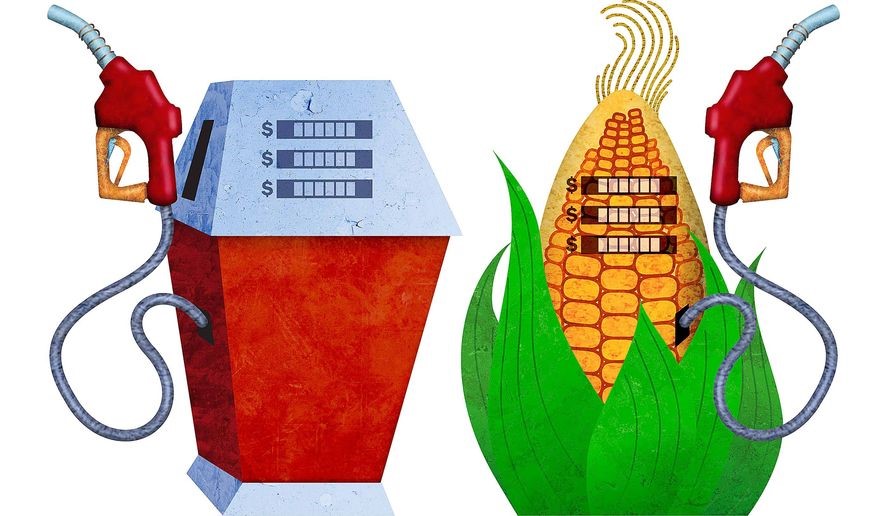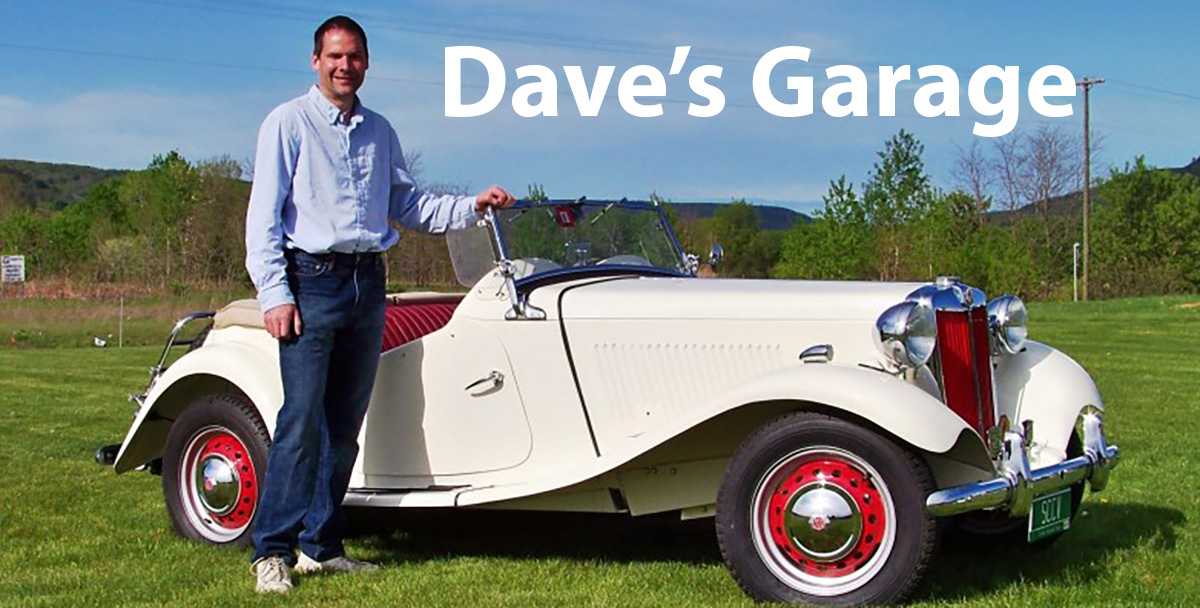Dave,
I want to share, with you, my story on ethanol gas. As I recall you have done pieces on this topic in the past, however, I thought I would share with you my totally unscientific finding.
I religiously try to use the non-ethanol in my old cars, lawn mowers, weed whacker, chainsaw, etc.
Last summer, I had heard from a few folks about their using the non-ethanol gas in their regular driver and getting better gas mileage. My modern vehicle is a 2019 4WD Silverado Chevrolet. With about 10K miles on the vehicle and I was getting on average 21.9 mpg. I drove over 1,000 miles filling the truck with non-ethanol gas and my average was 24.9 mpg, an increase of 3 mpg. My cost per mile with purchasing the higher priced non-ethanol vs the regular ethanol cheaper, gas came out as a wash (depending on the price per gal purchased at the pump). So I figured if it is not costing me more, I am using 15% less fuel, and it should be better for my engine, I have stuck with buying the non-ethanol gas. I am a great environmentalist when it matches up with my cheap side!

Obviously different drivers, different vehicles, different driving habits would change the results in either direction. Also this was not exactly an apples to apples comparison, because I was comparing regular ethanol to high test non-ethanol. I did not bother to compare how high-test with ethanol would fit in to this mix. Luckily for me I have a local station that carries the non-ethanol fuel.
I wondered if you ever thought about the ethanol from this angle or not, regardless here is my unscientific sharing that I thought you might find interesting, if nothing else.
-Eric
Dear Eric,
You are correct. Ethanal gas has less energy than conventional gasoline, and you will notice at least a 5% efficiency loss with ethanal gas. My findings have largely aligned with yours. My Subaru has the H-6 engine, which has a 10.7to1 compression ratio, and requires premium gas. When I replaced the head gaskets I had the heads planned flat again, requiring .007” to be shaved off. This obviously increased the compression ratio even higher. (Subaru does not recommend planning these heads…. I have put 100,000 miles on the engine since with no troubles). I also use premium gas in my Saab Turbos. The Subaru and the Saab’s will burn regular gas, but the timing is retarded so far, to prevent preignition that the mileage goes way down, and it actually costs me more money to use the 87 octane gas, due to the decreased mileage. I was also amazed to see how much air conditioning effects mileage. It can drop by as much as 20%.
Unfortunately, I have only been able to find 91 octane non ethanal gas. Even the non ethanal 91 octane gives better gas mileage than the 93 octane 10% Ethanal gasoline.
I have had a number of problems with the ethanal gas, with not only the antique cars and small engines, but my daily drivers too. On the antique cars I have had fuel sending units, fuel lines, carburetor rubber parts, fuel pumps and even gas tanks dissolve. I had an exhaust valve burn in my wife’s Chrysler minivan, and I had a plastic valve on the top of the gas tank dissolve on my Subaru Outback.
Ethanal fuel holds moisture in suspension, which causes the fuel to rust fuel tanks away. I have had gas tanks dissolve on cars that were in extended storage , while stored inside climate controlled garages.
The only positive thing I can say for ethanal gas is, I don’t have to buy dry gas anymore, I haven’t had a frozen fuel line in years


Leave a Reply